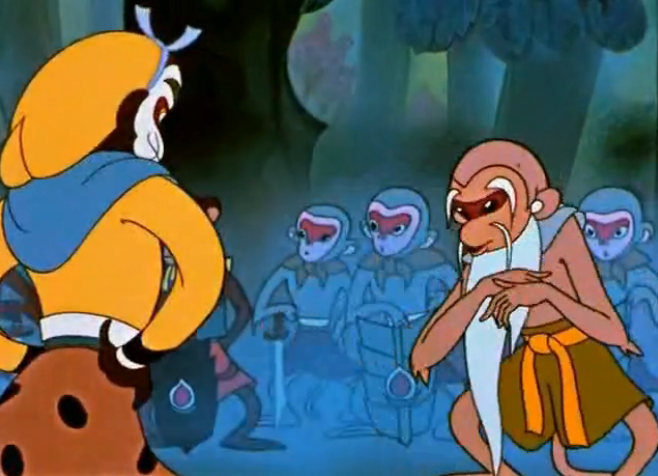 Another day, another attack on Apple in China.
Another day, another attack on Apple in China.
Today, Apple is being sued by state-owned movie maker Shanghai Animation Film Studio, which is accusing Apple of selling 110 movies that it owns via the App Store without its approval, the South China Morning Post reports.
This follows days of attacks on Apple from various sources that are all connected to the government.
First, China Central Television aired an Apple “exposé,” claiming that the company’s warranty policies were discriminating against Chinese consumers. That was accompanied by a clumsily-coordinated astroturf social media campaign via Sina Weibo, the Chinese Twitter/Facebook hybrid. Then the People’s Daily, the government’s main propaganda outlet, attacked Apple for those same warranty policies. And just two days ago, Apple appeared in court to answer a lawsuit claiming that Siri infringes a Chinese company’s patents.
AI Weekly
The must-read newsletter for AI and Big Data industry written by Khari Johnson, Kyle Wiggers, and Seth Colaner.
Included with VentureBeat Insider and VentureBeat VIP memberships.
A sample of the movies that were allegedly pirated:
On the face of it, the new copyright lawsuit is a little challenging to process.
Apple does not generally seek out content for iTunes or the App Store and load that content onto the store itself. Instead, authorized representatives of companies, or individuals, upload their own content or apps for sale via iTunes. However, there have been cases in China where pirates have uploaded stolen content to iTunes and the intellectual property owners have successfully sued Apple for damages.
Apple provides steps on its website for reporting precisely that problem; however, short of conducting an exhaustive provenance search for each and every piece of content it sells, it’s hard to see how Apple can know whether content is being pirated or not … and how, given the legal documentation and forms surrounding the upload process, it can be held responsible for pirates’ actions.
However, a similar case involving China Encyclopedia Publishing in September resulted in Apple being required to pay 520,000 yuan in compensation. That’s only about $85,000, but it does set a precedent in China that Apple will be held responsible even if pirates upload stolen content to sell via iTunes or the App Store.
I’ve asked Apple for comment and will update this post if Apple responds.
Interestingly, the South China Morning Post story references a quote from a Shanghai Animation Film Studio representative, who references the “controversies” that “surround” Apple in China right now:
“We want to keep tight-lipped on this case because, as we see it, it’s just a litigation in which we want to get compensation [for our product],” said an official from the Shanghai studio. “It’s a sensitive period now since Apple is a big multinational company and it is surrounded by controversies on its practices in China.”
It’s as if there’s blood in the water and the sharks are smelling it.
One other quote in the story has me scratching my head and wondering what’s really behind this either highly-coincidental or else coordinated set of attacks.
“The cases are not good signs,” the South China Morning Post quotes an “iPhone owner” named Dong Jun as saying. And apparently he added these words: “They convinced me of quitting Apple products later now that my phone has quality problems.”
All I can say is that I personally would tend to identify a source a little more specifically than “iPhone owner,” particularly in a nation of more than a billion people. And that this is a mighty convenient quote, given the extensive and seemingly government-initiated set of attacks on Apple.
VentureBeat's mission is to be a digital town square for technical decision-makers to gain knowledge about transformative enterprise technology and transact. Learn More
